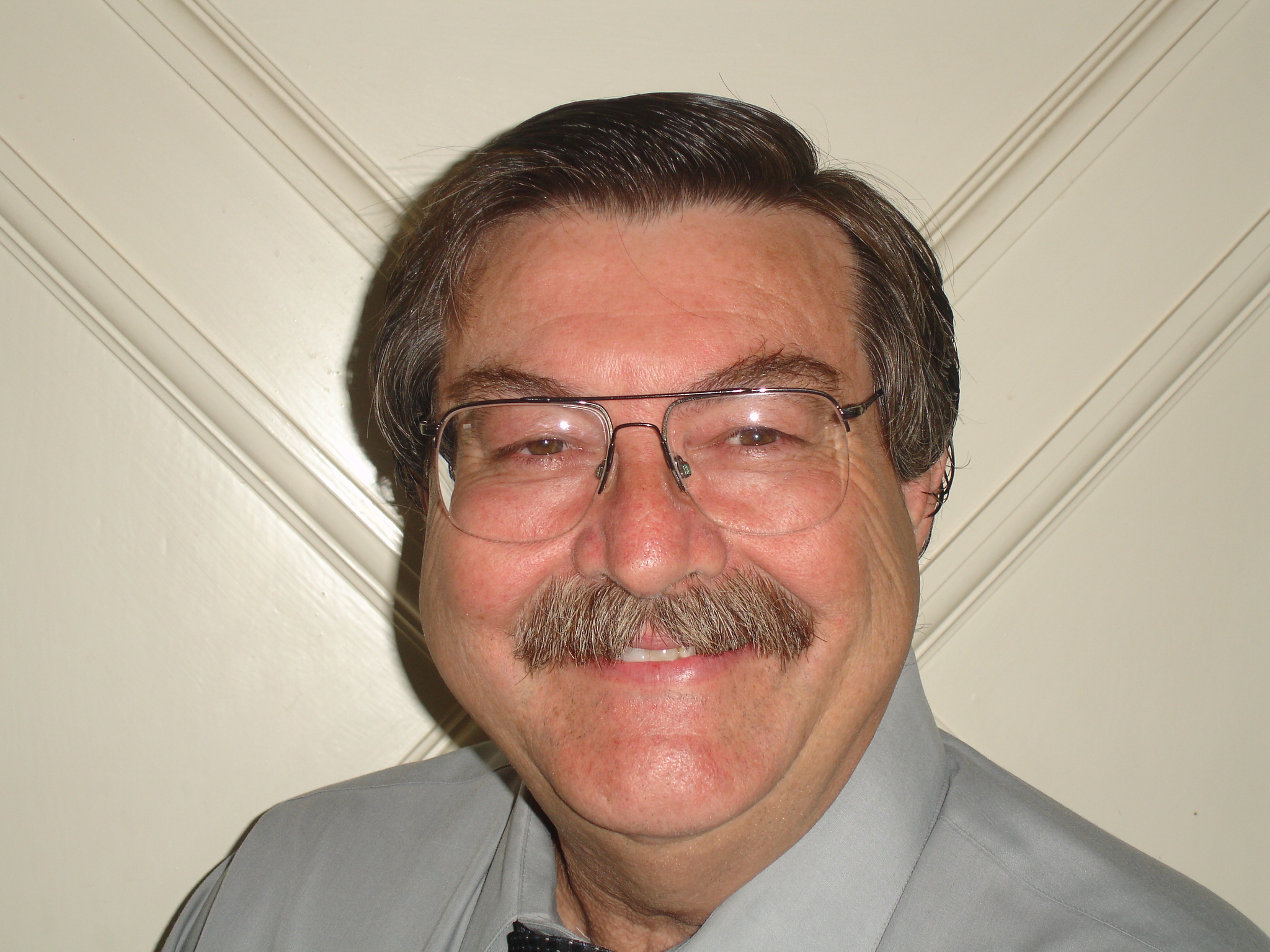Meet the CALTCM Board of Directors
Frank Randolph, M.D., C.M.D.

Frank Randolph, M.D., C.M.D, completed residency training in Family Medicine in 1984 and fellowship training in Geriatric Medicine in 1985, maintaining continuous board certification in Family Medicine and Geriatric Medicine. He serves as Geriatric section chief at Arrowhead Regional Medical Center, teaching Family Medicine and Internal Medicine residents. He has been program director for two geriatric fellowship programs (UCI, ARMC). He has considerable experience as medical director and attending physician in skilled nursing facilities. A former President of the California Association of Long Term Care Medicine, he has been a member and board member since 1985. He has also been an AMDA member and certified medical director for over 25 years.
Interview with Dr. Randolph:
CALTCM: What is your training background, practice setting and how many years have you been in practice?
Dr. Randolph: Family med residency, geriatric fellowship, and 30 plus years of practice.
CALTCM: What are you passionate about in long term care? How are you pursuing your passion?
Dr. Randolph: My interests have varied over time from primary care in the nursing home, RCFEs to medical
direction in SNF, home care, and hospice settings. Of late, I have been more interested in transitional care.
CALTCM: What advice would you give to a new graduate contemplating a career in long term care?
Dr. Randolph: That would depend upon the individual graduate’s background, attitude, and general goals.
If you truly want a career in LTC, the first step after a primary care residency would be a one year geriatric
fellowship at a program that is strong in the LTC area you desire.
CALTCM: What additional training do you wish you had that may help with your current practice?
Dr. Randolph: Evidence-based concepts related to care transitions to and from the various settings
such as acute hospital, home, nursing home.
CALTCM: How has CALTCM impacted your practice?
Dr. Randolph: Ideas derived from the experience of attending the seminars and interacting with members has
influenced the way I approach long term care as an attending, as a teacher, and as a medical director, in diverse
ways, from both business and clinical perspectives. |